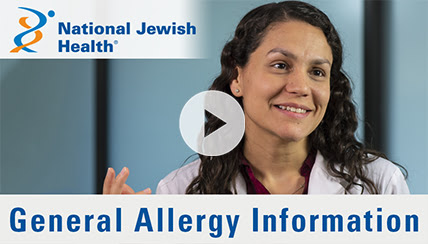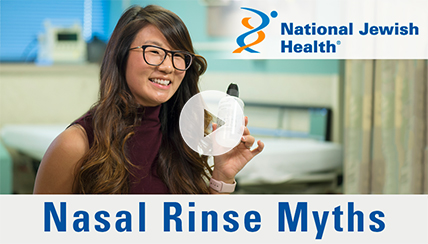What is Oral Allergy Syndrome?
This information was reviewed and approved by Jessica Hui , MD (6/1/2023).
If your mouth or throat gets itchy when you eat certain raw foods and you have pollen allergies, then you may have oral allergy syndrome (OAS). Pediatric allergist and immunologist Jessica Hui, MD, explains more.
Transcript
Oral Allergy Syndrome (OAS) is a condition that occurs in a subset of patients who suffer from seasonal allergies.
In these patients, the ingestion of certain raw fruits and raw vegetables and sometimes nuts leads to immediate symptoms pretty much localized just to the mouth and throat.
Avoidance of the raw fruits, vegetables and nuts that tend to cause these symptoms is recommended.
Interestingly, in Oral Allergy Syndrome, many patients who cannot tolerate the raw fruit and vegetable form of certain foods, often are able to tolerate the cooked, processed and or peeled forms of these foods.
Simply because cooking, processing and peeling may denature and or eliminate the proteins that look so similar to the pollens that we’re allergic to.
It is important to note, that while nuts may be a trigger of Oral Allergy Syndrome, nuts can also be a trigger for a more serious food allergy that can potentially lead to serious reactions and anaphylaxis.
So if you develop mild symptoms specifically with nuts, it’s important to talk to your primary care physician or allergist to rule out the possibility of a more serious food allergy.
Related Videos
Related Health Insights and News
Want to use this on your website? Fill out the content usage request form and then copy this code: https://youtu.be/q__Sp_2HCW8

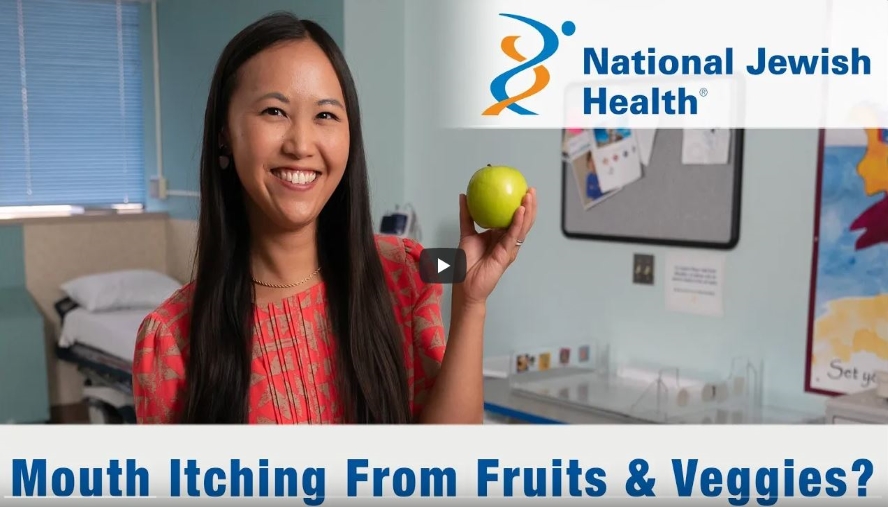



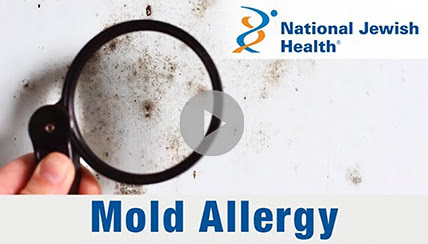



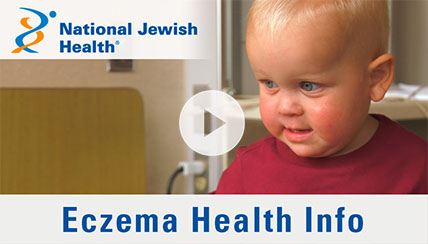

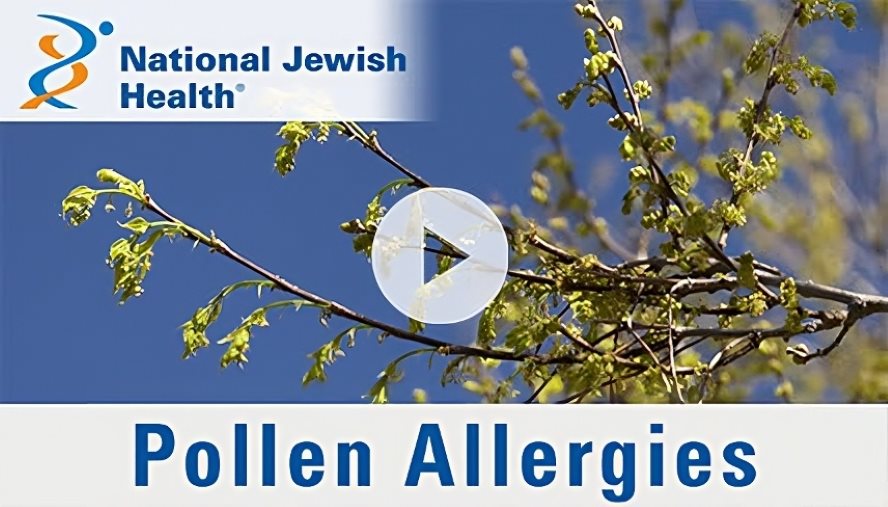

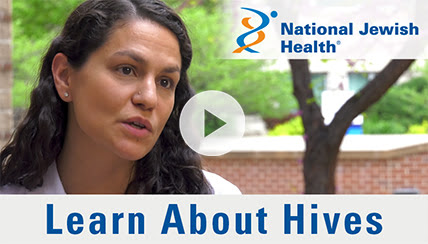

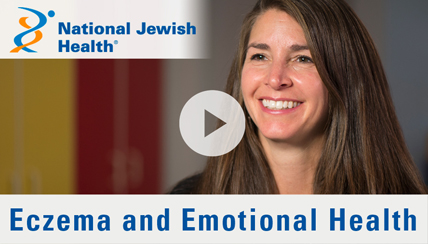
-(1).JPG?lang=en-US&ext=.jpg)
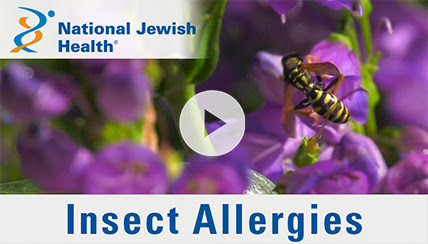

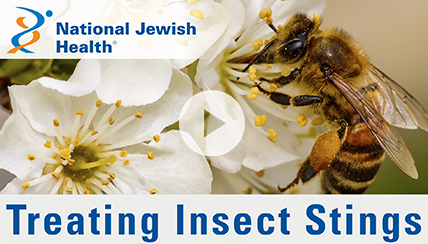
.JPG?lang=en-US&ext=.jpg)
